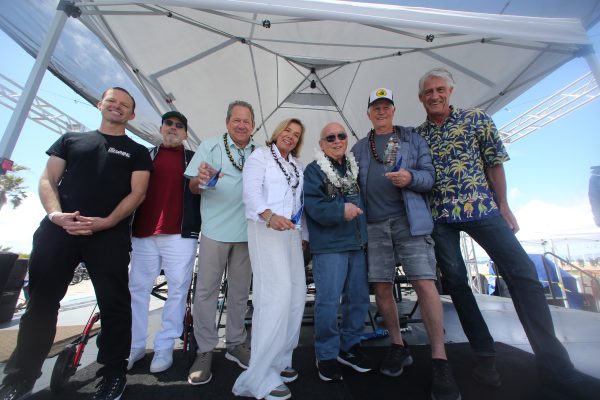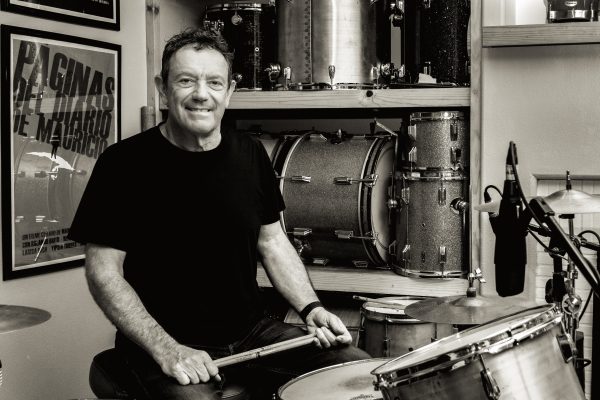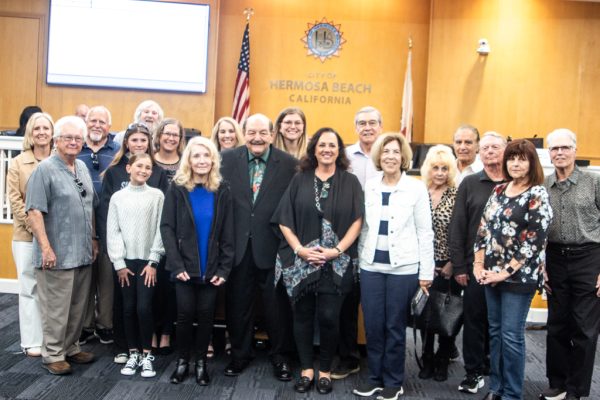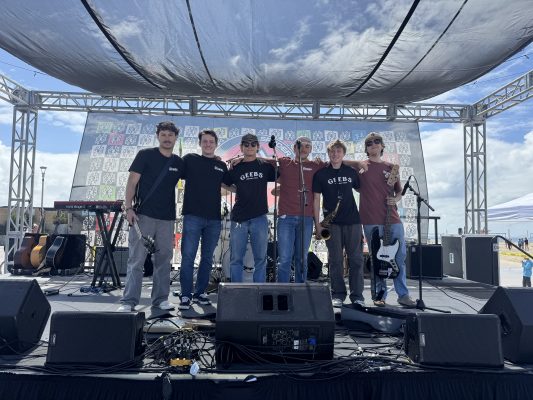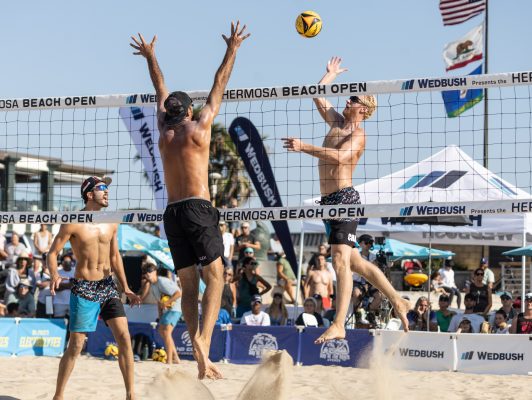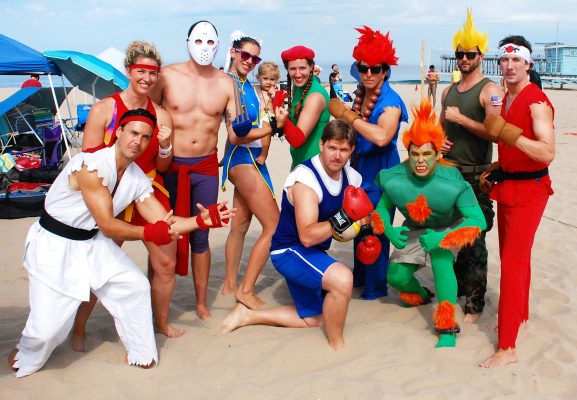
For the second year, surf store Nikau Kai Waterman Shop will be allowed to have a pop-up shop next to the Manhattan Beach Pier during the summer.
Nikau Kai, which has had a storefront on Highland Avenue and 13th Street in downtown Manhattan Beach since 2012, rented surfboards, paddle boards and boogie boards from the sand below The Strand around 11th Street last summer after approaching the city with the idea. The pop-up shop gave 15 percent of the money it made to the city.
“The pilot was well received overall,” city staff said at the June 2 city council meeting in which the council unanimously awarded the contract to the shop.
The majority of requests last year were for bicycles, which weren’t offered, according to the staff report.
In February of this year, the city issued a request for proposals for beach and bike rentals. Four businesses applied, including Nikau Kai, Hermosa Cyclery, Perfect Day Surf Camp and Camp Surf, which coordinates summer surf and beach volleyball camps with the city.
City staff selected Nikau Kai and Hermosa Cyclery to provide beach and bike rentals, respectively.
Staff explained why they didn’t choose either of the surf camps in their report.
“Although each of these businesses had good proposals and provide excellent surf camps, they did not provide the expertise in beach and bicycle rental of services desired,” the staff report said.
The owners of the selected businesses and one of the surf camps tried to persuade the council to choose them at the recent meeting. Supporters including Mike Simms of Simmzy’s and Mike Zislis of the Shade Hotel also spoke on behalf of the businesses.
Instead of deciding which vendor to use, however, the council discussed whether to have anything at all and why.
The topic had originally been slated for discussion at the parks and recreation department’s presentation of its budget on May 26, but was continued to the council meeting. Mayor Wayne Powell said that he complained at the previous meeting that the neighbors near the proposed site weren’t notified. Since then, he had gotten “lots of feedback,” he said.
Councilmember David Lesser said that some residents were unhappy with the proposed program.
“I think this got away from the community,” he said. “I got comments from residents who were very upset. They did sign up for events at the pier, but not an active concessions stand.”
He asked what the goal was.
“The city is offering one of its most valuable parcels, arguably,” he said. “What is the public benefit?”
Parks and Recreation Director Mark Leyman, whose department selected the finalists, said it was “connectivity with downtown businesses, restaurants and department programs.”
The department hoped to spread awareness of its programming by having the shop also act as an information center, as it did last year.
City Manager Mark Danaj said that the proposal “enhances the public’s access to the beach.”

Jason Shanks, who owns Nikau Kai, said that the idea behind the welcome center was “driving people back into town after a day at the beach.”
Some residents and council members said they disapproved of the commercialization of public space. They particularly objected to the idea of selling clothing and other goods at the spot.
“When I step back and look at various piers—Venice, Santa Monica, Hermosa—ours is so distinctly different,” said Mayor Pro Tem Mark Burton. “The only thing you see is the crystalline waters and sand.”
Referring to planning suggestions made by the Urban Land Institute in January for downtown, Burton said he “thought it was ironic when the ULI experts said, ‘There’s nothing here,’” he said, imitating a look of surprise on the experts’ faces.
“That’s exactly it,” said Burton, recalling his own reaction.
Still, he said, it “was great to have a seasonal amenity,” and so he favored giving the contract to the surf shop again.
Shanks said selling concessions wasn’t his idea. The county lifeguards, for example, who were part of the process that vetted the proposals, suggested he should sell snacks and drinks to “replenish” people who used the equipment, he said. Towel rentals had also been suggested, but would be too difficult for him to manage, so he offered to sell towels instead.
Shanks said he would do whatever the city wanted.
“We would love to do it, but it’s up to you,” he told the council.
Councilmember Amy Howorth generally supported having a shop and was specifically in favor of having Shanks offer his services again.
“It feels very symbiotic to me,” she said. “We are doing this to enhance access to the ocean. I feel residents would benefit more than visitors. It’s not just to support visitors—and by the way, what’s so bad about supporting visitors? The ocean and coast do not belong to the residents. The Coastal Commission is about keeping the coast open to everyone.”
Like at least one other council member, she thought that if the city wanted bike rentals to be the focus, it should go with Hermosa Cyclery. But she didn’t want it to be the focus.
“It’s not about the bigger operation, the better,” she said. “It’s about that sweet little spot.”
Councilmember Tony D’Errico suggested they “put some measurements in place and get community feedback” before expanding the program.
Burton made a motion, which passed unanimously, to sign a contract with Nikau Kai for six months. The number of bikes available to rent was limited to eight. The business’s proposal also included renting volleyballs, beach chairs and umbrellas out of a 30-foot long shipping container from 9 a.m. to 7 p.m.
Since the proposed site belongs to the state, the city will have to get its approval before proceeding. Leyman estimated it would take four weeks. ER


